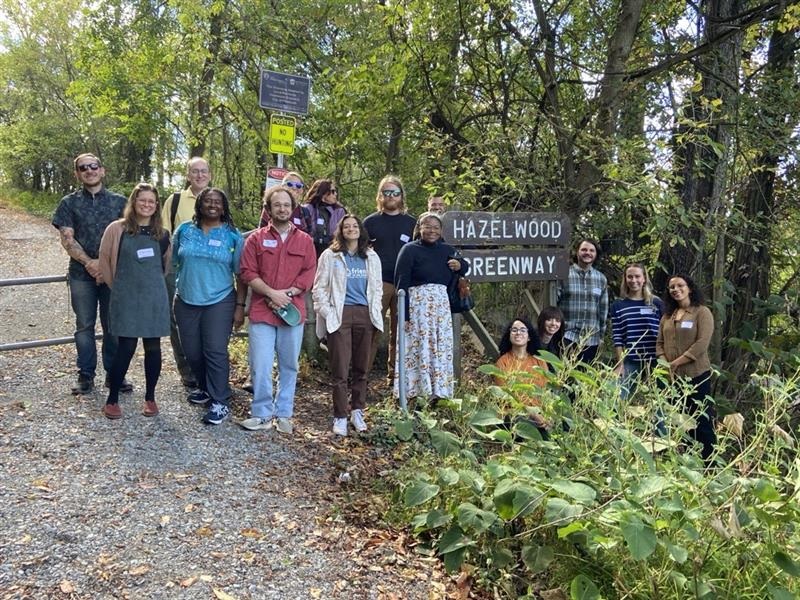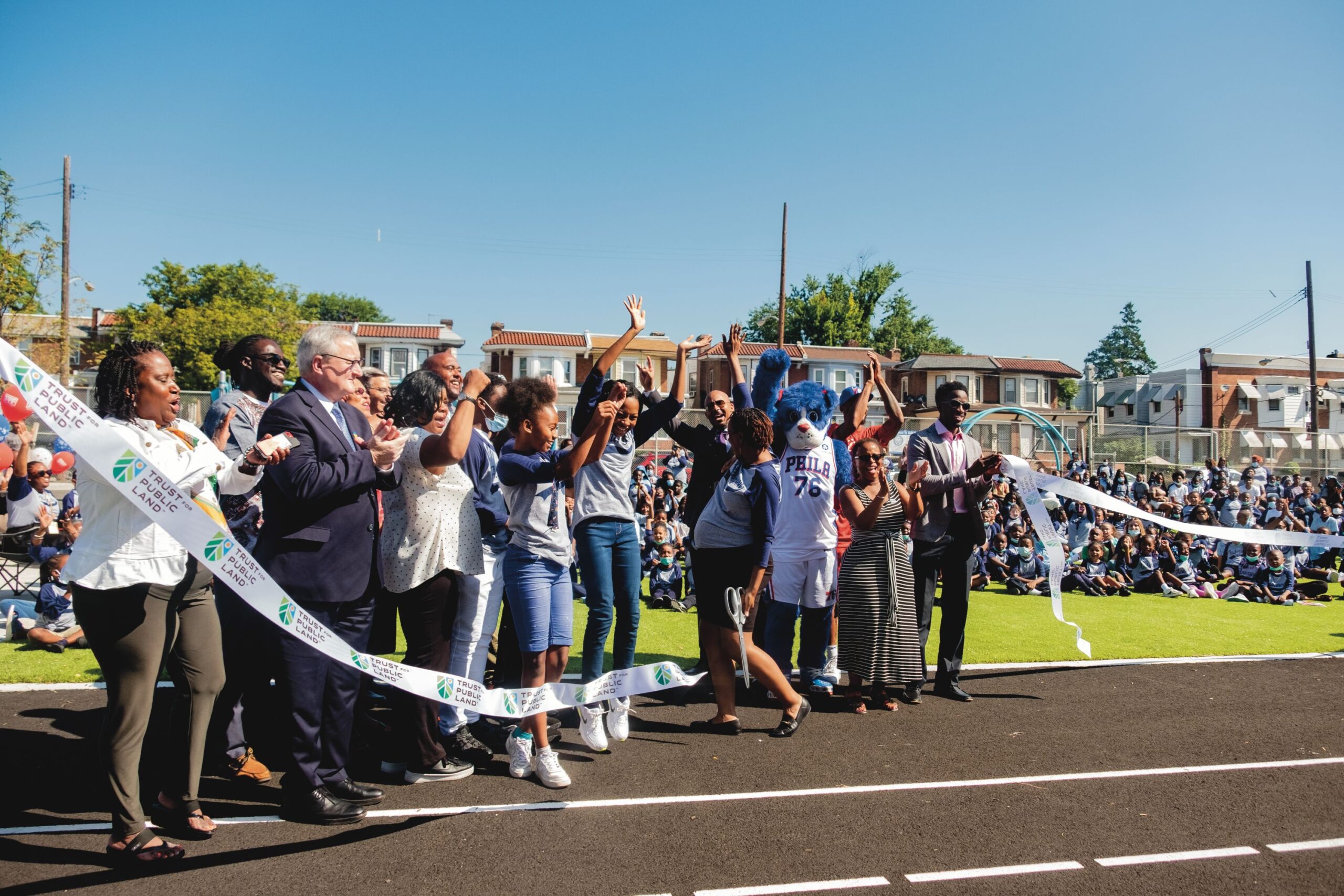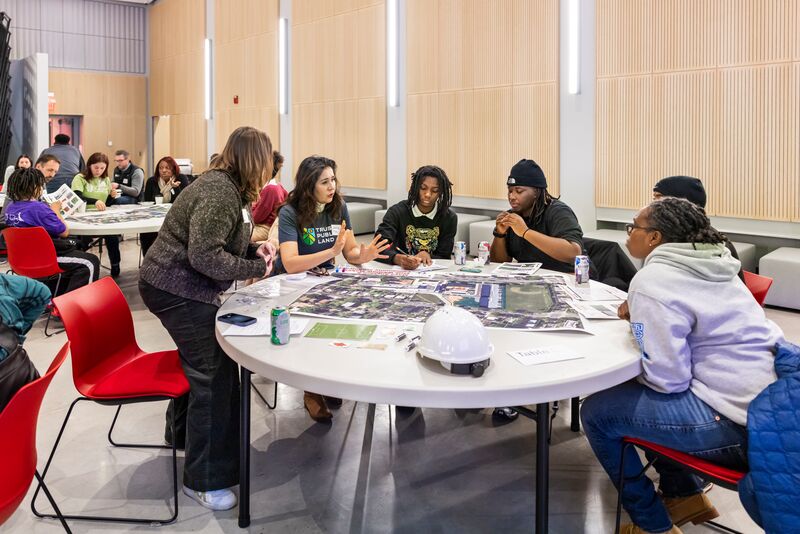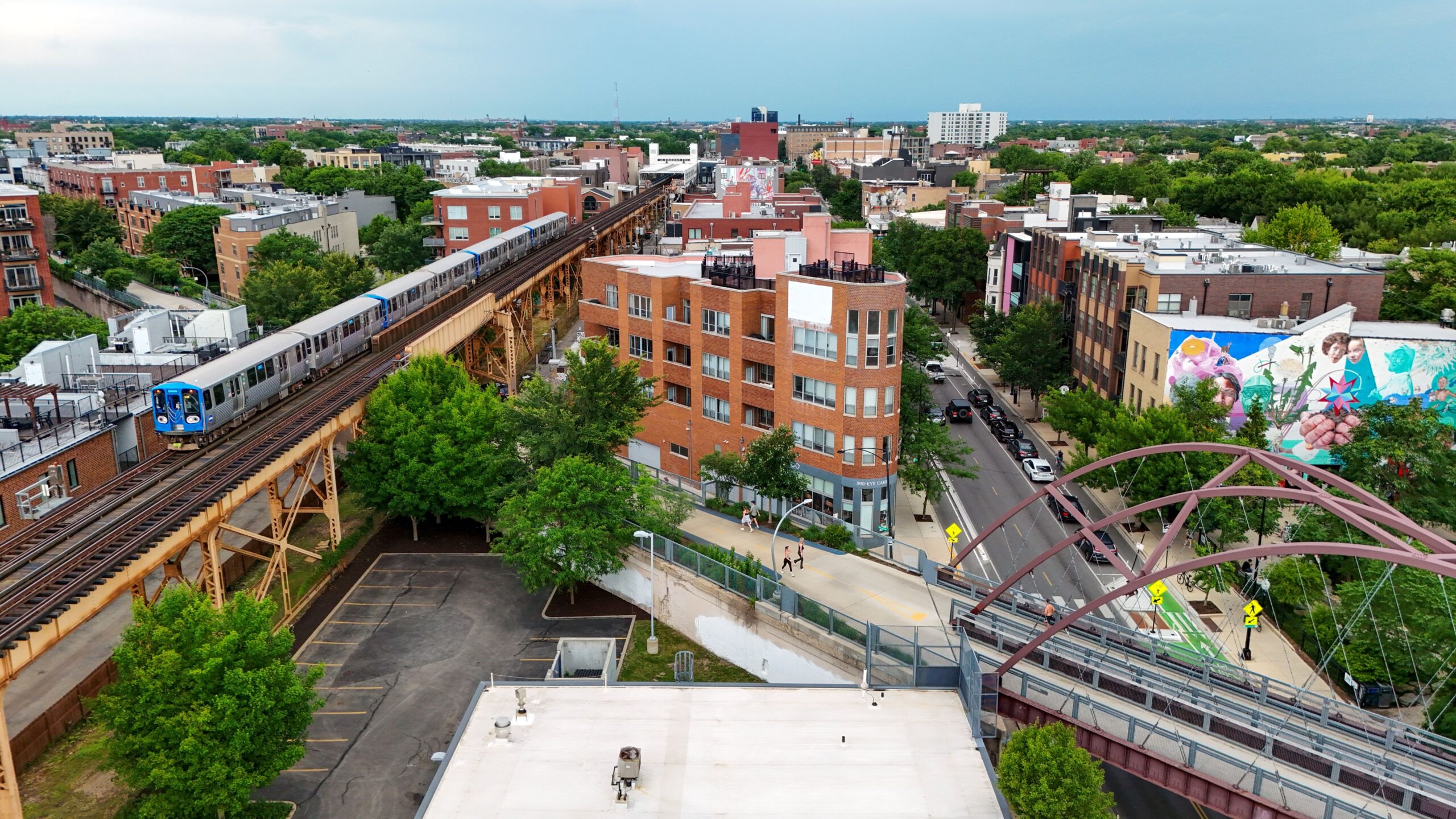
Technical Assistance
Park Equity Accelerator
The 10-Minute Walk® Park Equity Accelerator works hand-in-hand with communities to advance park equity through policy and systems change. Since 2022, the Park Equity Accelerator has helped 21 cities and more than 150 practitioners and community members across the U.S. create lasting change.
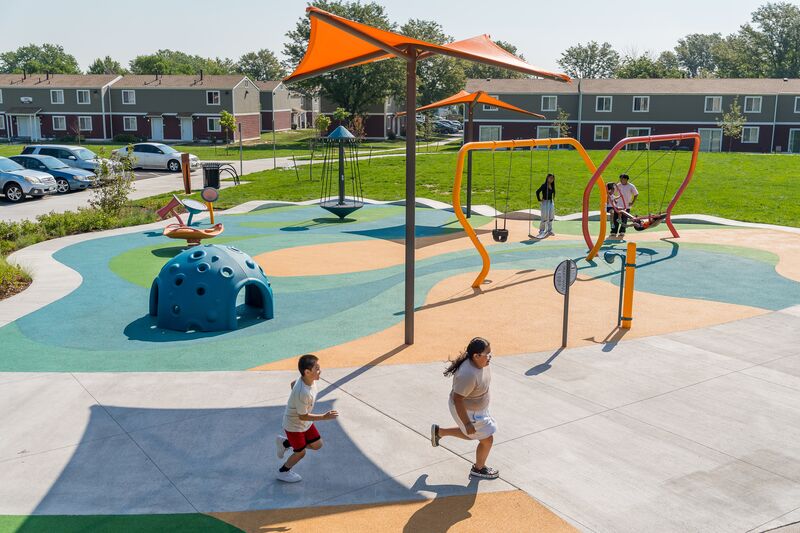
What We Do
The Park Equity Accelerator (PEA) is a technical assistance program that helps cities and communities build the research and evidence base, local capacity, and political will necessary to ensure all residents can enjoy the benefits of high-quality, close-to-home parks.
Through the Park Equity Accelerator, Trust for Public Land provides:
- Research & Analysis
- Peer-to-Peer Conversations
- Stakeholder Engagement
- Implementation Support
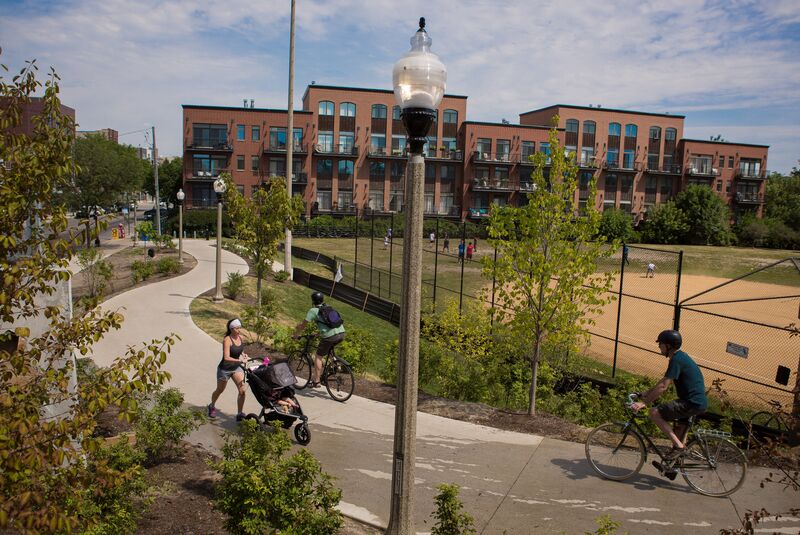
What We Work On
The Park Equity Accelerator develops policies, practices, and partnerships that advance park equity. High-impact issues of focus include:
- Establishing equitable, data-informed approaches to budgeting for open space.
- Leveraging land use policies as a way to increase access to parks, such as developer exactions and incentives.
- Promoting the development of parks and housing to foster thriving, resilient neighborhoods as communities grow.
- Supporting parks agencies and community partners in developing sustainable approaches to park maintenance and stewardship.
- Identifying and building capacity to unlock underutilized lands, such as libraries, utilities, and rights-of-way, that can expand park access and address community needs.
Case Studies
Park Equity Accelerator Cities

Boston, MA



